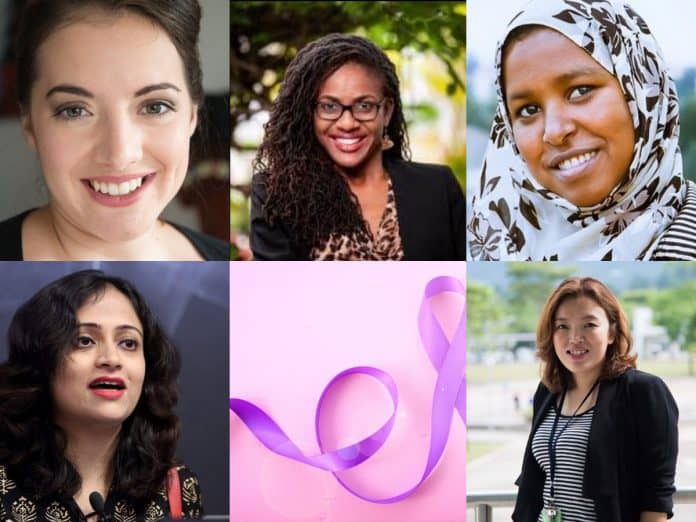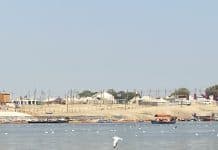According to the United Nations data, less than 30% of scientific researchers worldwide are women. Slowly and surely, the number of women and science and the impact they are creating with their work is making waves.
As a part of our endeavour to celebrate the achievements of women scientists in the world, we narrate to you the lives of five famous women scientists in the world, how they changed and influenced thinking, and what difficulties and challenges they faced and overcame before becoming famous.
(1) Jamila Abass
Imagine a little girl growing coriander and kale with her brother on a small farm in an arid landscape between Somalia and the Indian Ocean. This little girl who sold her produce to the neighbours for some extra income is now the CEO of a software company that is putting the Kenyan farmers directly in touch with the market demands and keeps them updated on any queries that they may have.
As users of M-Farm, the mobile app that is created and run by her and her company, the farmers are able to take control over the commerce of their produce and support each other through collective action.

In her blog, where she answers the question “How does it feel to be a woman in tech?”, she writes, “[K]now that that “feeling” you are talking about, only exists in your head. Women are busy making the world a better place while you are busy questioning what they can or cannot do. In a new digital, global village of infinite possibilities, there is no man in tech or woman in tech. Just techies.”
(2) Farida Bedwei
What is the image that comes to your mind when you think of the co-founder and chief technical officer of a software company working in the area of financial technology? Here’s a woman from Ghana who got there with all of her grit and cerebral palsy.
What she considers as her biggest achievement is the cloud software platform that she created which is allowing small businesses to receive loans from more than 130 microfinancing companies.
Having had parents’ support from a very young age, Farida grew more confident of her abilities rather than being discouraged by her disabilities. “You can have a disabled child and it is not the end of the world. There is so much that that child can end up doing given the right resources,” she believes.

(3) Dr Sarah Antier
Having been raised by parents who were both engineers, Sarah never doubted her ability or the possibility of pursuing science as a girl. Sarah is a French astrophysicist who is pursuing her postdoctoral study at the prestigious Laboratoire de l’Accélérateur Linéaire in Orsay, France.
Speaking about misogyny and bias based on the appearance of women, Sarah shared that she believed in confronting the bias by owning her personality and choices. “I believe that gender bias must be challenged upfront by bringing in more diversity and openness into academia. So, I make a point to be myself, working with people who accept me as I am. Yes, you can wear makeup and flashy dresses, have a huge collection of shoes, be fond of the television series Downton Abbey—and at the same time be an excellent scientist!”, she asserts.

Sarah currently has 121 publications to her credit with more than 8,000 citations and 1,30,000 reads.
(4) Ho Weang Kee
An Associate Professor at the University of Nottingham in Malaysia, Ho is working on developing a tool that will predict breast cancer risk in women. Her interest in Mathematics and her experiences in higher education led her to realise the importance of statistical analyses in research. Her expertise in the area is helping her refine the prediction tool in the research, thereby allowing for early identification and cure of the disease.

Ho now works in a team of scientists and researchers from different branches of science. Bringing the diverse team together and finding a shared scientific language is what she found challenging and fulfilling at the same time.
Ho hopes to see more scientists enter the field to work on the many global problems that we face today.
(5) Urbasi Sinha
Urbasi’s work in the mind-boggling field of quantum physics is finding applications in very relevant areas such as creating supercomputers that will run the future.
Urbasi recognises the gap in the field of research of the basic sciences and works on outreach programs, conferences, seminars, etc., to help in bridging the gap and promoting research at universities. She promotes the development of infrastructure for scientific inquiry at schools and colleges to inculcate and develop the love for research among students of all ages.

The opportunity to learn something new and work on cutting-edge technological applications along with simultaneous quantum physics research is what keeps Urbasi perennially interested and excited.

















